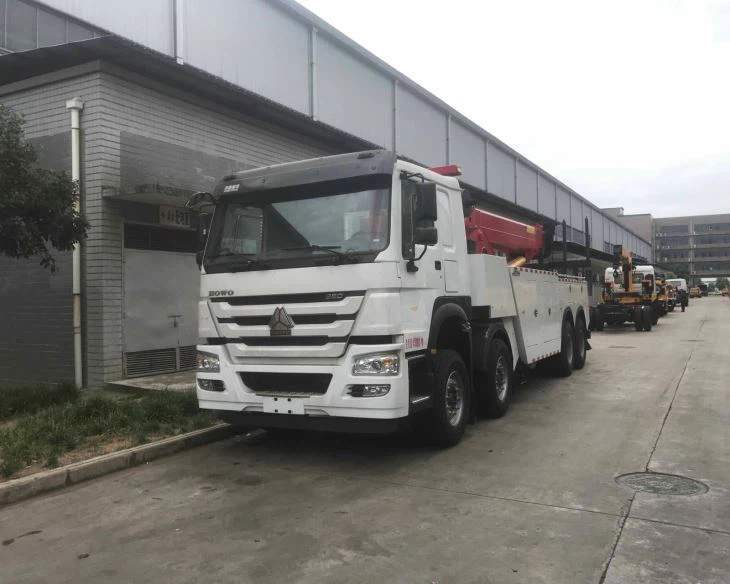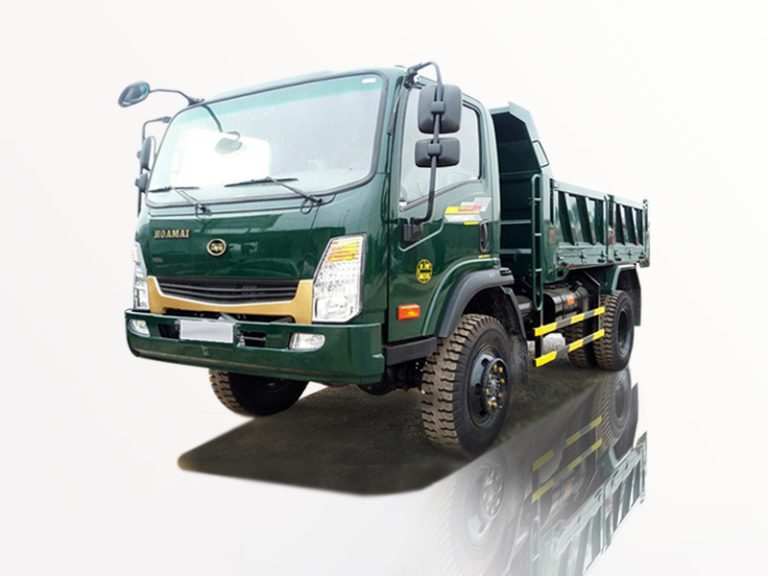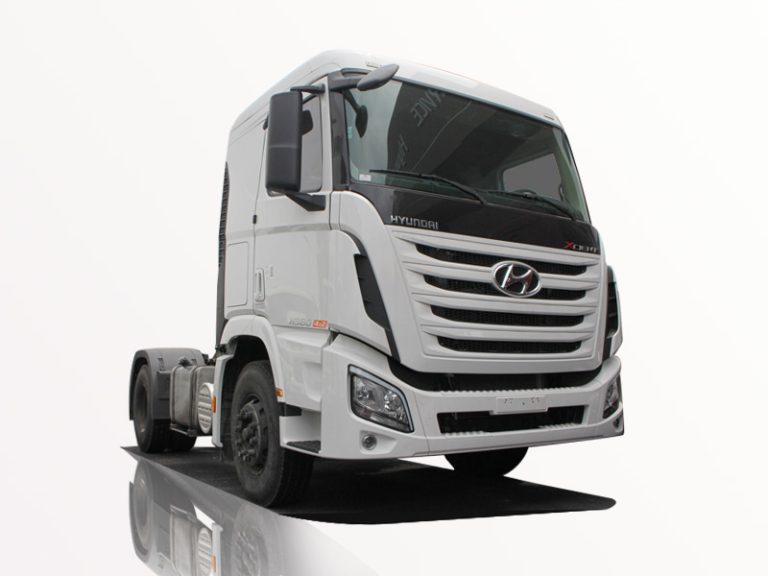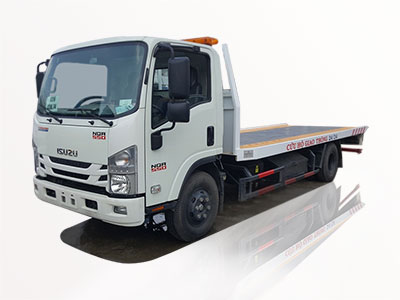Cargo trailer trucks are essential vehicles in the logistics and transportation industry, designed to transport goods across various distances. From small businesses to large enterprises, having the right cargo trailer truck can significantly enhance delivery efficiency and reduce costs. In this comprehensive guide, we’ll explore the various aspects of cargo trailer trucks, including their types, uses, advantages, and maintenance tips. We’ll also answer frequently asked questions to empower you with knowledge about these versatile vehicles.
Understanding Cargo Trailer Trucks
To fully appreciate cargo trailer trucks, it’s vital to understand what they are and how they operate. A cargo trailer truck, often simply referred to as a trailer truck, comprises two main components: the tractor (truck) and the trailer. The tractor provides the power necessary to pull various types of trailers that are attached to it.
What is a Cargo Trailer?
A cargo trailer is a non-motorized vehicle that is towed by a truck and used for transporting goods. These trailers come in various shapes and sizes, catering to different types of cargo, from dry goods to specialized materials such as refrigerated items.
Types of Cargo Trailer Trucks
There are several types of cargo trailer trucks, each designed for specific transportation needs. Here are the most common types:
1. Dry Van Trailers
Dry van trailers are enclosed trailers designed to protect cargo from the elements. They are ideal for transporting dry goods, including furniture and retail products. With a standard height of about 13.5 feet, these trailers can usually carry loads of up to 45,000 pounds.
2. Refrigerated Trailers (Reefers)
Refrigerated trailers maintain a controlled temperature, making them perfect for transporting perishable items such as food and pharmaceuticals. These trailers are insulated and equipped with a refrigeration unit to preserve the contents during transit.
3. Flatbed Trailers
Flatbed trailers have no sides or roof, allowing for easy loading and unloading of large items such as construction equipment and oversized loads. They are versatile and can be used for many different types of cargo.
4. Curtain Side Trailers
Curtain side trailers combine features of dry vans and flatbeds. They have flexible tarps on the sides, enabling quick and easy loading and unloading while protecting the cargo from weather conditions.
5. Tanker Trailers
Tanker trailers are specialized for transporting liquids, including fuel, chemicals, and food-grade liquids. They are designed with safety features to prevent spills and leaks during transit.
How Cargo Trailer Trucks Work
The operation of a cargo trailer truck involves the tractor unit pulling the trailer. Most tractor units are powerful, with engines designed to handle heavy loads. The driver must be skilled in maneuvering these large vehicles, especially in tight spaces or during difficult weather conditions.
Advantages of Using Cargo Trailer Trucks
There are numerous benefits to using cargo trailer trucks for transporting goods. Here are some key advantages:
1. Flexibility and Versatility
Cargo trailers can be adapted to carry various types of cargo, making them highly versatile. Businesses can choose the trailer type that best suits their needs without investing in multiple vehicles.
2. Cost-Effectiveness
Cargo trailer trucks are often more economical than using multiple smaller vehicles for delivery. They can carry larger loads, reducing fuel costs and driver labor expenses.
3. Enhanced Security
With enclosed cargo trailers, the risk of theft and damage during transit is minimized. Many cargo trailers come with security features such as locks and tracking systems to ensure safety.
4. Improved Delivery Times
Using cargo trailer trucks can lead to faster delivery times, as they can transport larger quantities of goods in one trip. This capability allows businesses to meet customer demands promptly.
Practical Examples of Cargo Trailer Truck Applications
Cargo trailer trucks can be used across various industries. Here are some practical examples:
1. Food Distribution
Refrigerated trailers are extensively used in the food industry to transport perishable items such as dairy products, meats, and vegetables. For example, a food distributor may utilize these trucks to deliver products to grocery stores across the region.
2. Construction
Flatbed trailers are commonly used in the construction industry to transport heavy materials like steel beams, lumber, and concrete blocks to job sites. A construction company can maximize efficiency by utilizing a flatbed truck during building projects.
3. Retail Supply Chain
Retail businesses often rely on dry van trailers to transport goods from warehouses to stores. For example, clothing retailers may use cargo trailers to deliver seasonal merchandise to various locations.
4. Moving and Storage
Moving companies frequently use cargo trailers to transport household items. Whether for a local move or long-distance relocation, these trailers are essential for safely transferring personal belongings.
Choosing the Right Cargo Trailer Truck
Selecting the appropriate cargo trailer truck can be a daunting task. Here are some factors to consider:
1. Type of Cargo
Identify the type of cargo you intend to transport to determine the best trailer type. For perishable goods, a refrigerated trailer is necessary, while flatbed trailers work for oversized loads.
2. Load Capacity
Ensure that the trailer you choose can handle your expected load capacity. Be familiar with weight limits to avoid fines and ensure safety during transport.
3. Durability and Maintenance
Consider the materials used and the build quality of the trailer. Investing in a durable trailer will reduce maintenance costs and extend the vehicle’s lifespan.
4. Cost
Evaluate your budget and look for options that provide the best value for your investment. Remember to factor in long-term expenses such as fuel and maintenance.
Maintenance Tips for Cargo Trailer Trucks
Proper maintenance is essential to keep cargo trailer trucks operating efficiently. Here are some maintenance tips:
1. Regular Inspections
Conduct regular inspections of both the tractor and trailer. Check brakes, lights, tires, and coupling devices for any signs of wear or damage.
2. Tire Maintenance
Monitor tire pressure regularly and ensure that tread depth is adequate. Replacing worn tires can prevent accidents and improve fuel efficiency.
3. Brake System Checks
Ensure that the brake system is functioning correctly. This includes checking hydraulic fluid levels and inspecting brake pads and rotors for wear.
4. Clean and Organize
Keep the cargo area clean and organized to prevent damage to the goods being transported. Regular cleaning helps maintain the trailer’s condition, especially for refrigerated trailers.
Costs Involved in Operating Cargo Trailer Trucks
Understanding the costs associated with operating cargo trailer trucks is essential for effective budgeting. Here’s a breakdown of various costs involved:
1. Initial Purchase Costs
The initial cost of purchasing a cargo trailer truck can vary significantly depending on the type and brand. Below is an approximate cost range for different types:
| Trailer Type | Cost Range |
|---|---|
| Dry Van | $30,000 – $60,000 |
| Refrigerated | $50,000 – $100,000 |
| Flatbed | $25,000 – $50,000 |
| Tanker | $40,000 – $80,000 |
2. Fuel Costs
Fuel costs are among the most significant ongoing expenses. Fuel efficiency varies by truck model, load weight, and driving conditions. On average, smaller trucks can range from 6 to 8 miles per gallon, while larger models may offer slightly better mileage under optimal conditions.
3. Insurance
Insurance is a necessary expense to help protect your assets and minimize financial losses. Depending on your coverage needs, insurance for cargo trailer trucks can range from $1,000 to $3,000 annually.
4. Maintenance Expenses
On average, maintenance expenses for cargo trailer trucks can range from $1,500 to $5,000 per year, depending on usage and the type of cargo carried. Regular maintenance helps avoid more significant repair costs in the future.
Frequently Asked Questions (FAQ)
1. What is the typical lifespan of a cargo trailer truck?
The lifespan of a cargo trailer truck varies depending on usage, maintenance, and the type of truck. Generally, a well-maintained truck can last 10 to 15 years.
2. Can I tow a cargo trailer with any vehicle?
No, towing a cargo trailer requires a vehicle equipped with adequate towing capacity. It is essential to check both the trailer’s weight and the vehicle’s tow rating to ensure safety.
3. What are the licensing requirements for operating cargo trailer trucks?
Licensing requirements vary by region but generally include a commercial driver’s license (CDL) for drivers operating trailer trucks. It’s crucial to understand local regulations regarding weight limits and licensing.
4. What should I do if my cargo trailer breaks down?
If your cargo trailer breaks down, safely pull over and assess the situation. If it’s a minor issue, such as a flat tire, you may be able to fix it. For more serious problems, it’s best to call for roadside assistance.
5. How do I secure cargo in a trailer?
Use appropriate tie-downs, straps, or nets to secure cargo in the trailer. Make sure that the load is balanced and distributed evenly to prevent shifting during transport.
6. Are electric cargo trailers a viable option?
Yes, electric cargo trailers are becoming more viable as technology improves. They offer benefits like reduced emissions and lower fuel costs in the long run.



